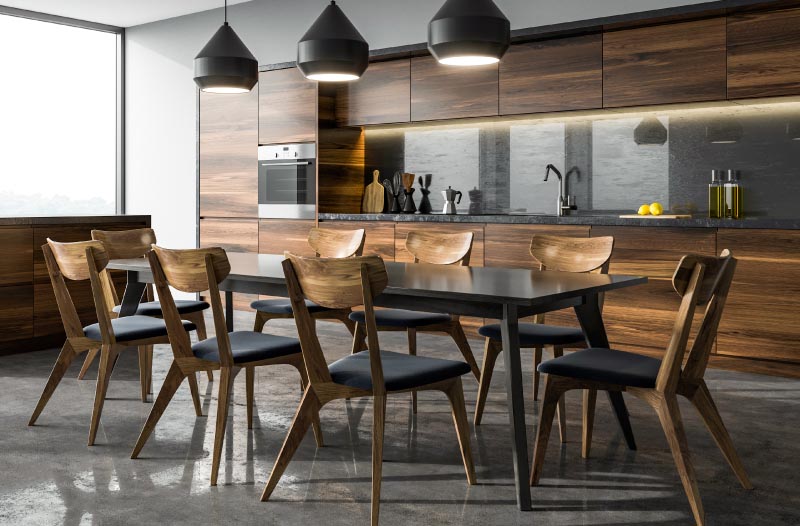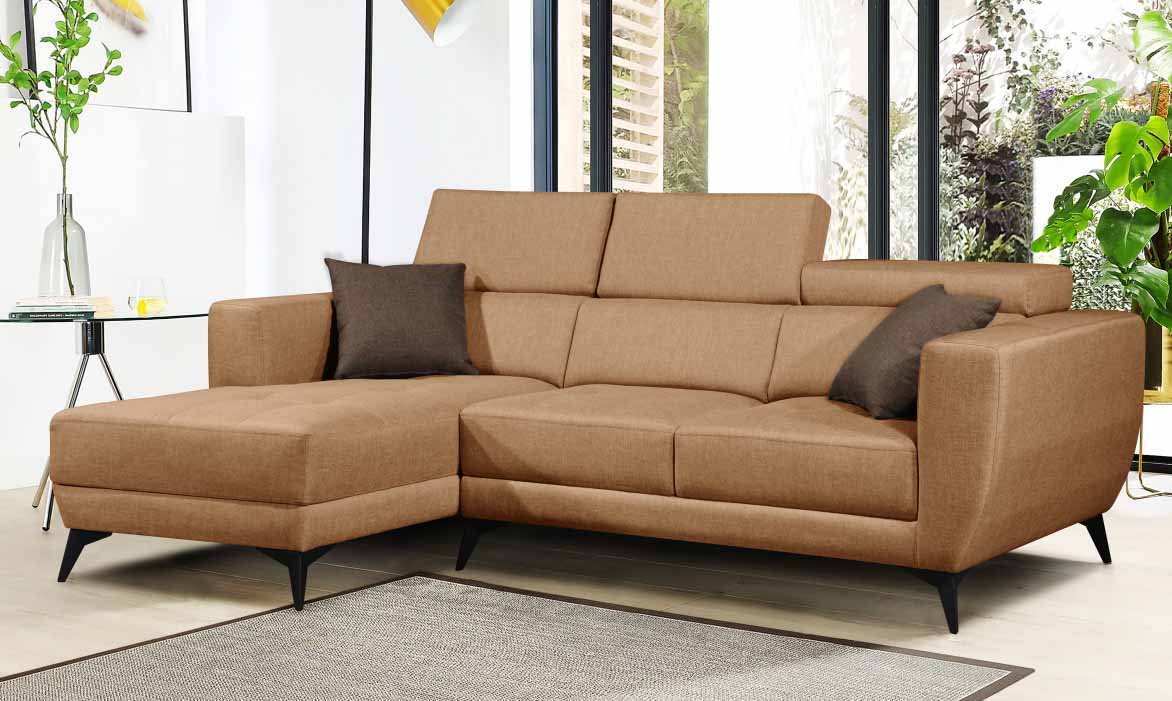Furniture has been an integral part of human life for centuries, evolving alongside cultural, technological, and social changes. From the earliest wooden benches and stone tables to today’s sleek, multifunctional designs, furniture serves not only as functional items but also as reflections of our lifestyles and values. Each piece of furniture carries a story, contributing to the overall ambiance of a space while providing comfort and utility. As our living conditions and needs change, so too does the furniture we choose, making it a dynamic aspect of interior design and architecture.
The history of furniture is a fascinating journey that mirrors the development of civilizations. Ancient cultures, such as the Egyptians and Greeks, crafted furniture that was both practical and ornamental, often using materials like wood, stone, and metal. In these early societies, furniture was often a symbol of status, with ornate designs reserved for the wealthy. As time progressed through the Middle Ages, the focus shifted toward functionality and durability, with pieces designed to withstand the rigors of daily use. The Renaissance brought a revival of artistry and craftsmanship, resulting in intricately designed furniture that was both beautiful and functional. Today, while many styles and materials are available, the underlying principles of comfort and utility remain central to furniture design.
In contemporary society, furniture design has been significantly influenced by technology and innovation. The rise of industrialization in the 19th century marked a turning point, as mass production made furniture more accessible to the average consumer. This shift led to the creation of iconic designs that combined functionality with style, such as the Eames lounge chair and the Barcelona chair. With the advent of modern materials like plywood, plastic, and steel, designers have been able to experiment with form and function, resulting in pieces that are not only aesthetically pleasing but also highly functional. The ability to create lightweight, modular furniture has transformed living spaces, allowing for more flexibility in how we arrange and utilize our homes.

Sustainability has also become a crucial consideration in modern furniture shop near me design. As awareness of environmental issues grows, many consumers are seeking furniture that is made from sustainable materials and produced through eco-friendly processes. This shift has led to an increase in the popularity of reclaimed wood, bamboo, and other renewable resources in furniture manufacturing. Designers are now focusing on creating pieces that not only meet the aesthetic desires of consumers but also minimize environmental impact. By embracing sustainability, the furniture industry is adapting to changing consumer preferences while contributing to a healthier planet.
In addition to its practical functions, furniture plays a significant role in shaping our emotional and psychological well-being. The environment we inhabit can greatly influence our mood and productivity. For example, a well-designed office space with ergonomic furniture can enhance focus and reduce fatigue, while a cozy living room with comfortable seating promotes relaxation and social interaction. The choice of colors, materials, and arrangements also affects how we feel in a space. For instance, soft fabrics and warm colors can create a sense of comfort and tranquility, whereas bold colors and modern designs may inspire energy and creativity. Understanding the impact of furniture on our emotional state allows us to create environments that foster well-being and productivity.
The rise of online shopping has transformed the way we purchase furniture, making it easier than ever to find and acquire pieces that suit our tastes and needs. With just a few clicks, consumers can browse through countless options, read reviews, and compare prices from the comfort of their homes. This convenience has also led to the growth of direct-to-consumer brands that offer unique designs at competitive prices. However, the challenge remains in ensuring that consumers are making informed decisions, especially when it comes to quality and craftsmanship. As we increasingly rely on online platforms, it is essential to prioritize local artisans and sustainable brands that emphasize quality and ethical production methods.
In conclusion, furniture is more than just functional items in our homes; it represents our history, culture, and values. From ancient civilizations to contemporary designs, furniture continues to evolve, reflecting the changing needs and desires of society. With a growing focus on sustainability and well-being, the furniture industry is adapting to meet the demands of a more conscious consumer base. As we navigate the complexities of modern living, understanding the significance of furniture in our lives can help us create spaces that are not only beautiful but also functional and supportive of our overall well-being. As technology and design continue to advance, the future of furniture promises to be both exciting and transformative.

Leave a Reply